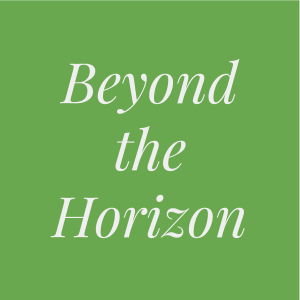Monologue Overview
Show
Character
Gender
Male
Playing Age
Young Adult, Adult
Style
Dramatic
Act/Scene
Act One, Scene One
Time & Place
Spring, Mayo Family Farm
Length
Long
Time Period
Contemporary
Show Type
Play
Age Guidance
Youth (Y)/General Audiences (G)
More Monologues
Context
In this monologue, Robert is thinking about the
to read the context for this monologue from Beyond the Horizon and to unlock other amazing theatre resources!Text
ROBERT—[Musingly.] So I used to stare out over the fields to the hills, out there—[He points to the horizon] and somehow after a time I'd forget any pain I was in, and start dreaming. I knew the sea was over beyond those hills,—the folks had
to read the full text for this monologue from Beyond the Horizon and to unlock other amazing theatre resources!Related Learning Modules
All monologues are the property and copyright of their owners.
Monologues are presented on StageAgent for educational purposes only.
Auditions and jobs
near {{headerProps.location}}
Upcoming performances
Getting events near by you...
